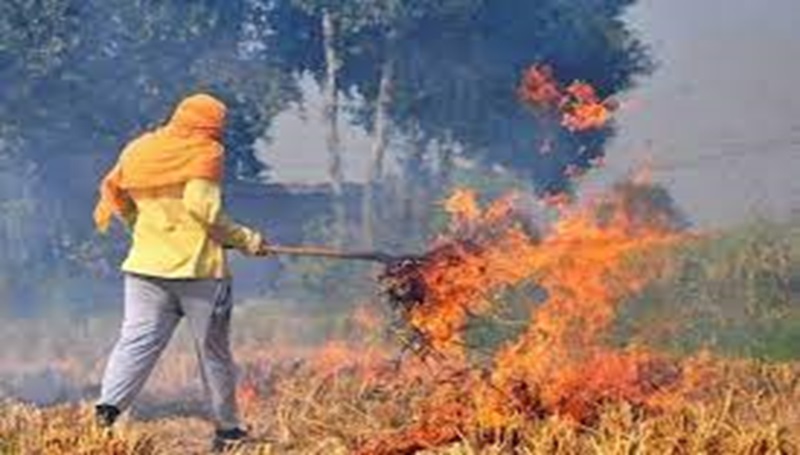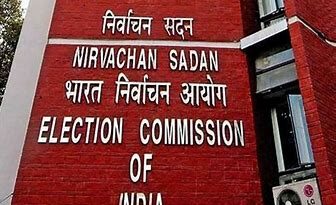The Unending Stubble Burning Saga and Its Impact on Delhi’s Air Quality
New Delhi: Indian rice farmers annually burn harvested crop stubble, contributing to a damaging haze around the capital. Despite producing surplus rice, government subsidies promote excessive cultivation, making India the leading global rice exporter with stockpiles exceeding requirements. Former Agriculture Secretary Siraj Hussain emphasizes the need for farmers in Punjab and Haryana to shift to less water-intensive crops like soybeans, pulses, and corn. The government should provide compensation for potential loss of earnings during this transition. India, exporting over 11 million tons of rice annually, faces severe air quality issues due to stubble burning.

Farmers face criticism for poor air quality, yet vehicular and industrial emissions, road dust, construction activities, and domestic fires also contribute. Despite a ban on stubble burning in neighboring states, northwest India’s farmers burn rice stubble, significantly impacting Delhi’s air quality. A 2009 law restricts rice sowing in Punjab until mid-June for groundwater conservation, forcing quick stubble clearance through burning.
Crop burning contributed 44% to Delhi’s PM2.5 levels on October 31, with a forecasted 25% contribution on Tuesday. Farmers in Haryana, Punjab, Rajasthan, and Uttar Pradesh cultivate rice on 10.5 million hectares, producing around 48 million tons of straw annually. Limited time and resources prompt farmers to burn straw, impacting soil quality and contributing to pollution. A plea for an additional 200 rupees per 100 kilograms of rice aims to incentivize straw removal instead of burning.
India, with seven of the world’s 10 most polluted cities, experiences toxic air that contributed to one in eight deaths in 2017. Last week’s record pollution triggered a public health emergency, closing schools. Shifting to hand-harvested crops like maize, beans, and lentils could reduce burning. Hussain suggests increasing pulses production to cut imports and provide protein to malnourished masses.
Farmers, including Raghubir Singh, call for guaranteed purchases and weather-related compensation to shift from rice. Burning stubble, a result of financial constraints, reduces soil quality by depleting nitrogen, phosphorus, potassium, and sulfur. Farmer Jujhar Singh emphasizes their forced choice due to the unaffordability of equipment for plowing stubble back into the soil.
While not all rice farms harvest mechanically, those cultivating aromatic basmati rice manually harvest and repurpose straw. Despite contributing to wider air pollution issues, these farmers feel victimized. Urgent measures, policy support, and financial incentives are essential to address this environmental and health crisis.






https://www.telqq.com Telegram群组,Telegram群组导航。收录Telegram上的优质频道和群组,打造一个高质量Telegram导航。TGNAV收录整理了Telegram上的许多优质频道、群组、机器人,帮助用户发现更多优质的群组。
https://www.tellern.com Telegram应用是开源的,Telegram下载的程序支持可重现的构建。Telegram同时适用于以下环境:Android安卓端,iPhone 和 iPad及MacOS的Apple端,Windows/Mac/Linux桌面版